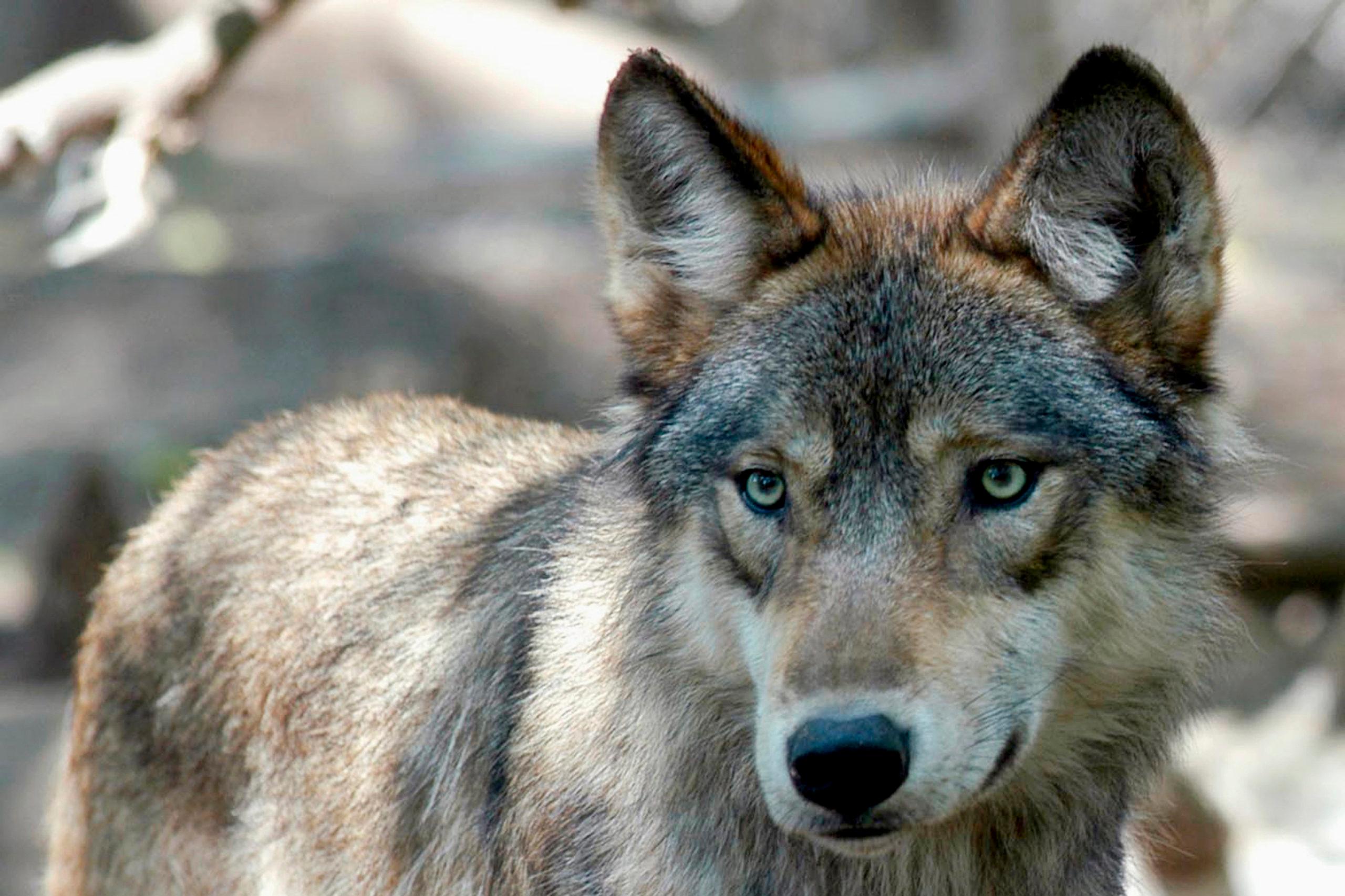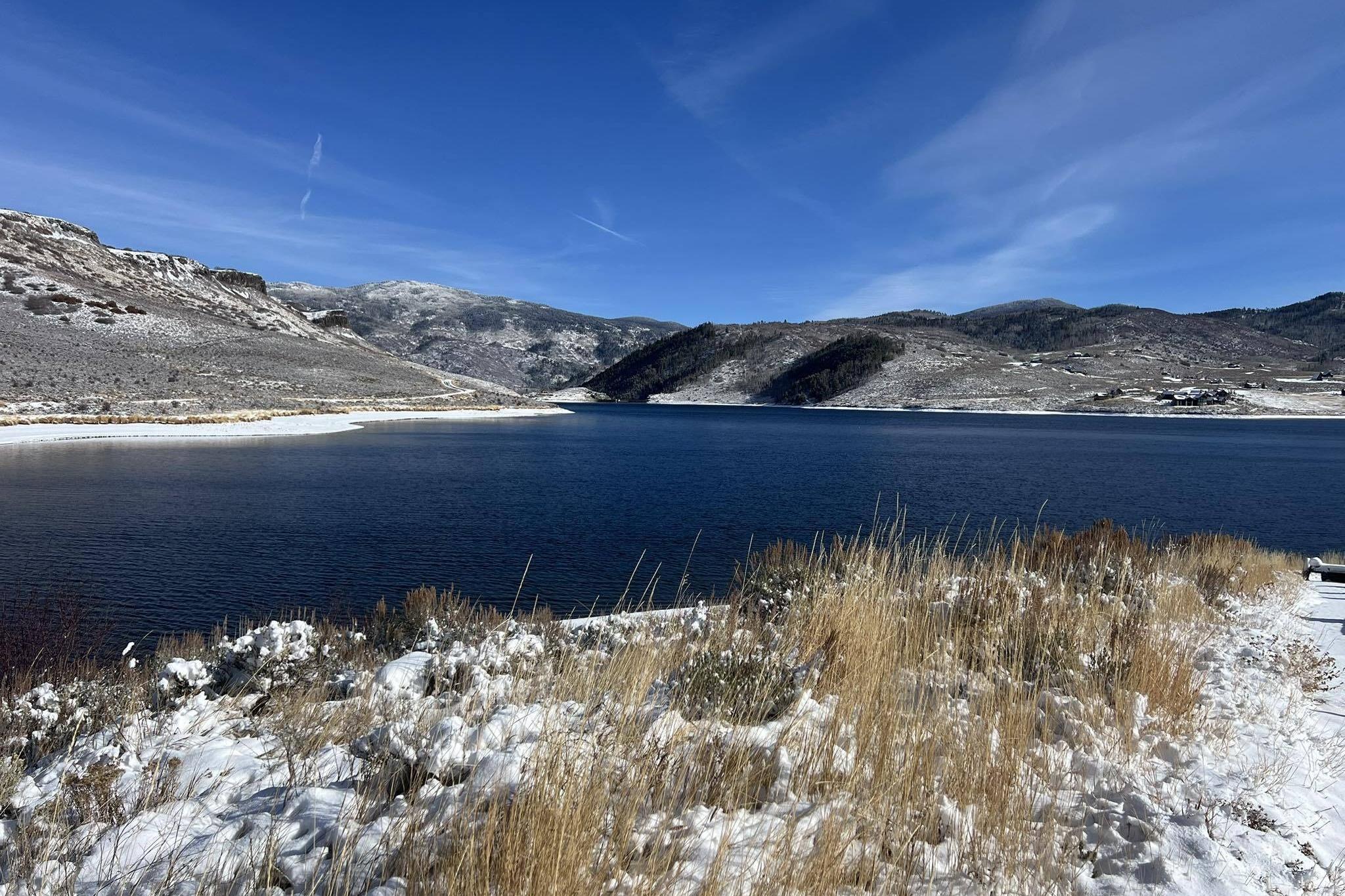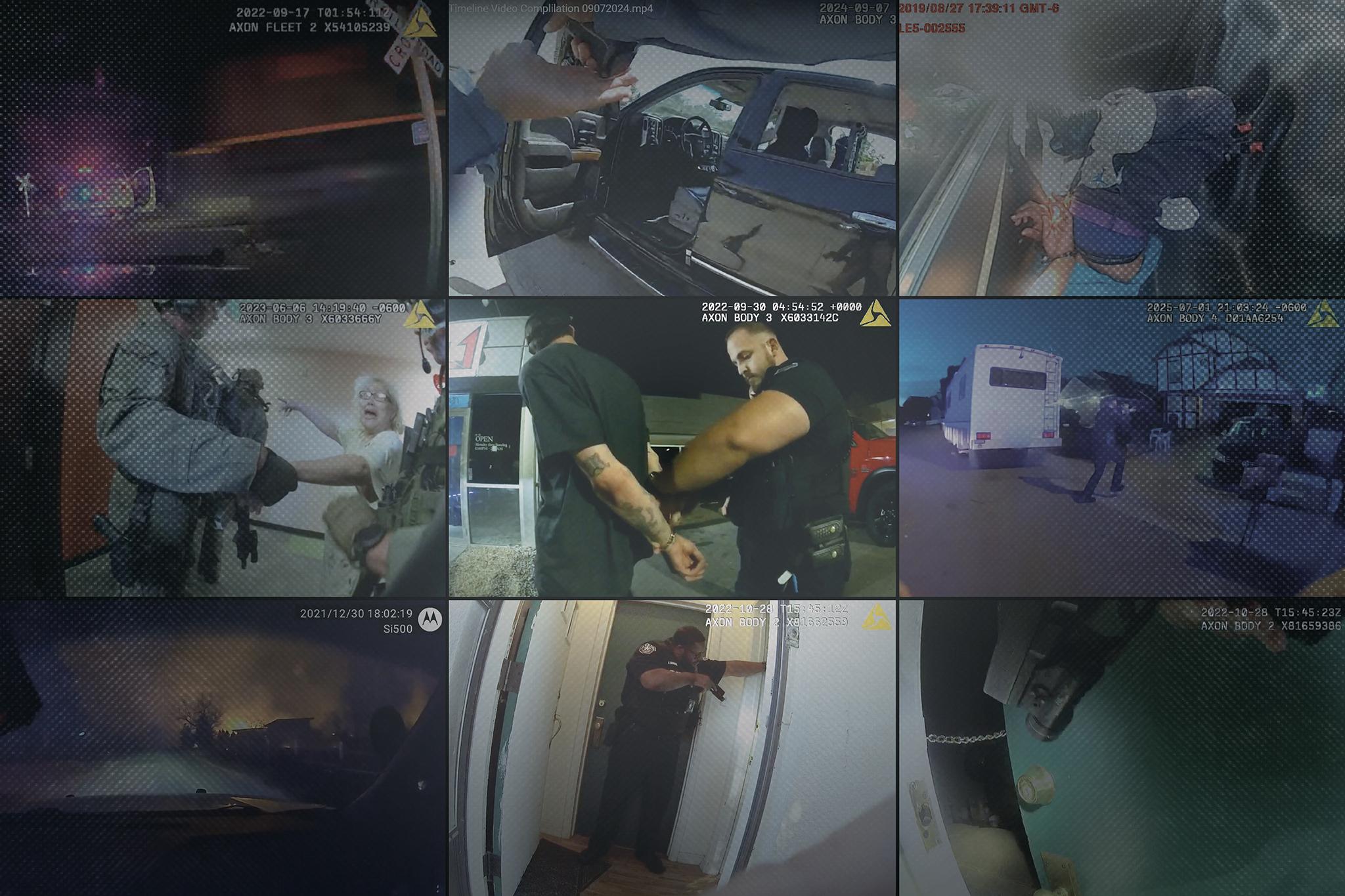
A pair of Colorado wolves may not be a set of bachelors after all.
On Thursday, Colorado Parks and Wildlife announced it had mischaracterized two wolves first seen in northern Colorado earlier this year. State biologists previously believed the animals were male “hunting partners” that had wandered in from Wyoming.
The wildlife agency now thinks the pair might actually be new parents. Tracking collars suggest the wolves have a den in Jackson County, which could be full of pups born this spring.
If confirmed, it would mark the first evidence of gray wolves breeding in Colorado since hunters and trappers eradicated the species in the 1940s.
Gov. Jared Polis applauded the news in a Facebook post, even taking the liberty to name the animals “John and Jane Wolf.” He also praised state biologists in a separate press statement.
“The news of potential denning behavior of wolves in Jackson County is a real credit to Colorado Parks and Wildlife’s [on-the-ground] scientists,” Polis said.
Rebecca Ferrell, a communications official with Colorado Parks and Wildlife, said the mistake occurred due to a documentation error in Wyoming. The wolf in question, known initially as M1084, was first observed in Colorado in 2019. State biologists confirmed the black-furred wolf came from Wyoming’s Snack River Pack, which lives near Yellowstone National Park.
State biologists in February observed another wolf had joined the first. It was captured and fitted with a GPS tracking collar, giving scientists ample opportunity to identify it as a male.
Then, this spring, the agency noticed location data consistent with denning behavior. Ferrel said the agency brought the information to the Wyoming Game and Fish Department and Grand Teton National Park, which had originally hired a contractor to collar the animal. Existing genetic information revealed M1084 was actually a female. It has since been renamed F1084.
“Just a mislabeling on the form,” Ferrell said.
To confirm a litter, Ferrell said field biologists have set up trail cameras and continue to observe location data. They are now watching to see if the wolves reunite at a “rendezvous site,” where the parents will wean and raise the pups. Biologists aren’t attempting to make more direct observations out of fears it could spook the animals. At least one study has shown wolves can abandon pups if overexposed to human activity.
Ferrell says that’s even more reason people should not “play detective” and try to find the animals. Gray wolves also remain protected as a state endangered species. Killing one can result in up to a year in prison and a $100,000 fine.
The news also comes months after Colorado voters narrowly approved a ballot initiative to reintroduce gray wolves to the state. The law directs state biologists to reintroduce the predators to western Colorado by the end of 2023.
It appears Polis knows any pups could prompt questions about whether the effort is necessary.
In his Facebook post, he wrote one breeding pair can’t sustain a healthy population, but reintroducing wolves could help “John and Jane’s pups have genetically diverse potential mates to choose from when they grow up.”









